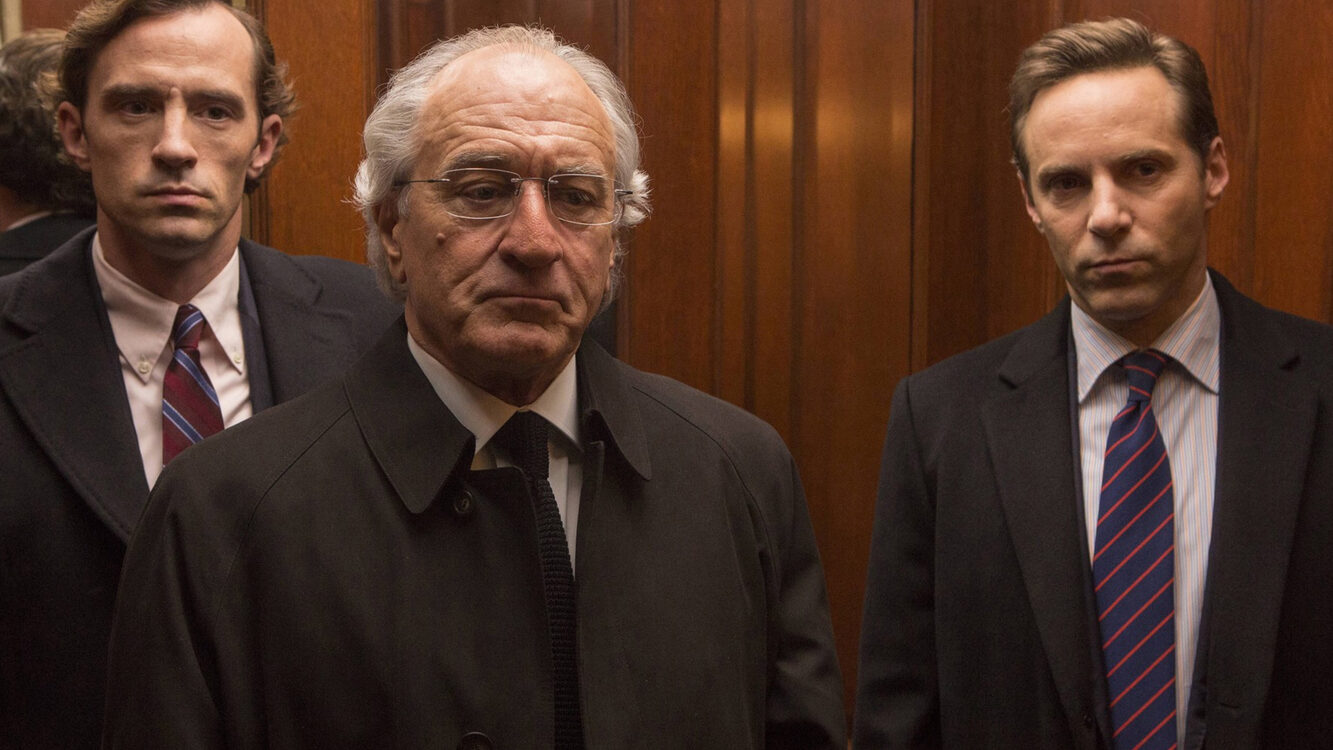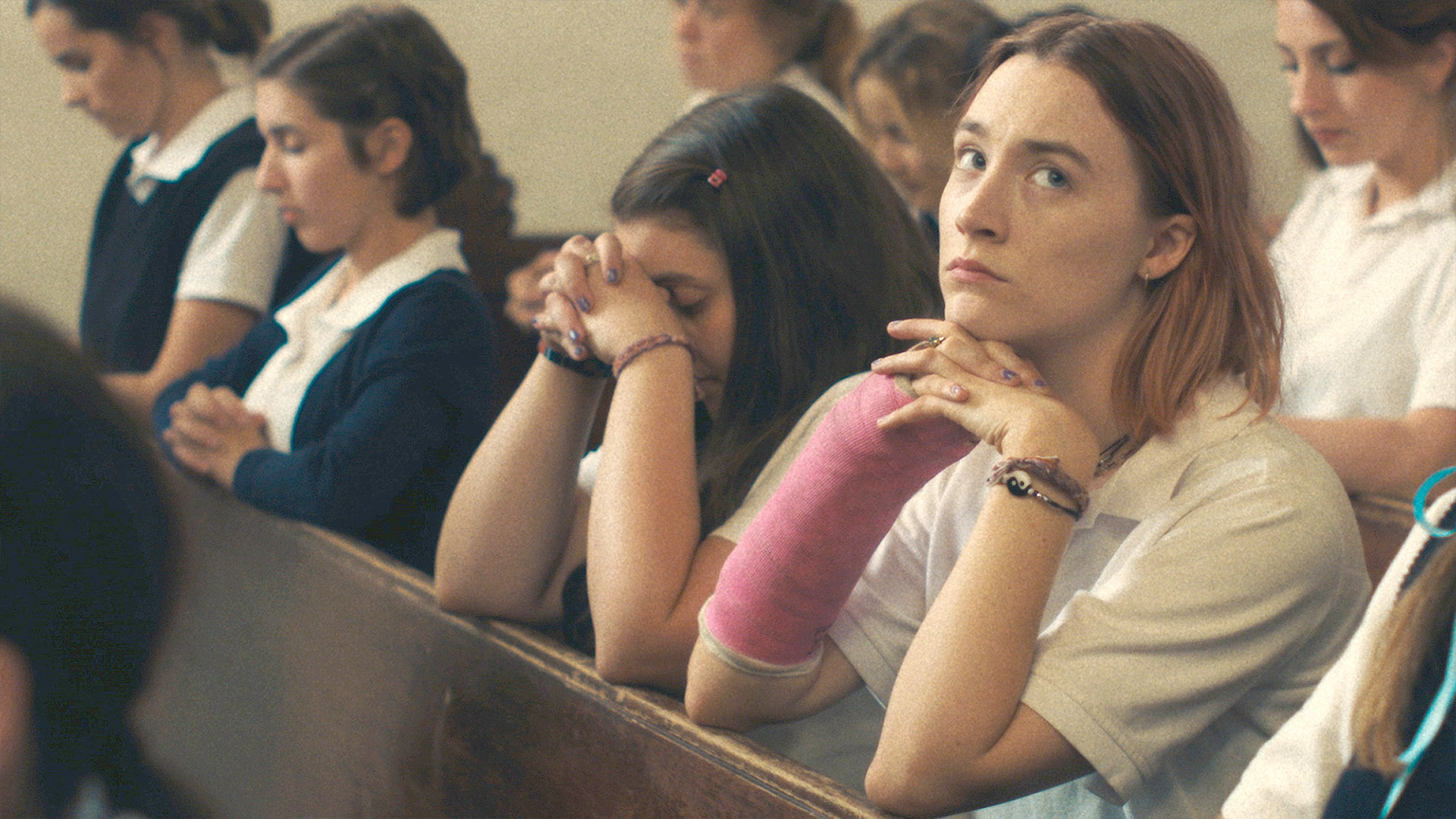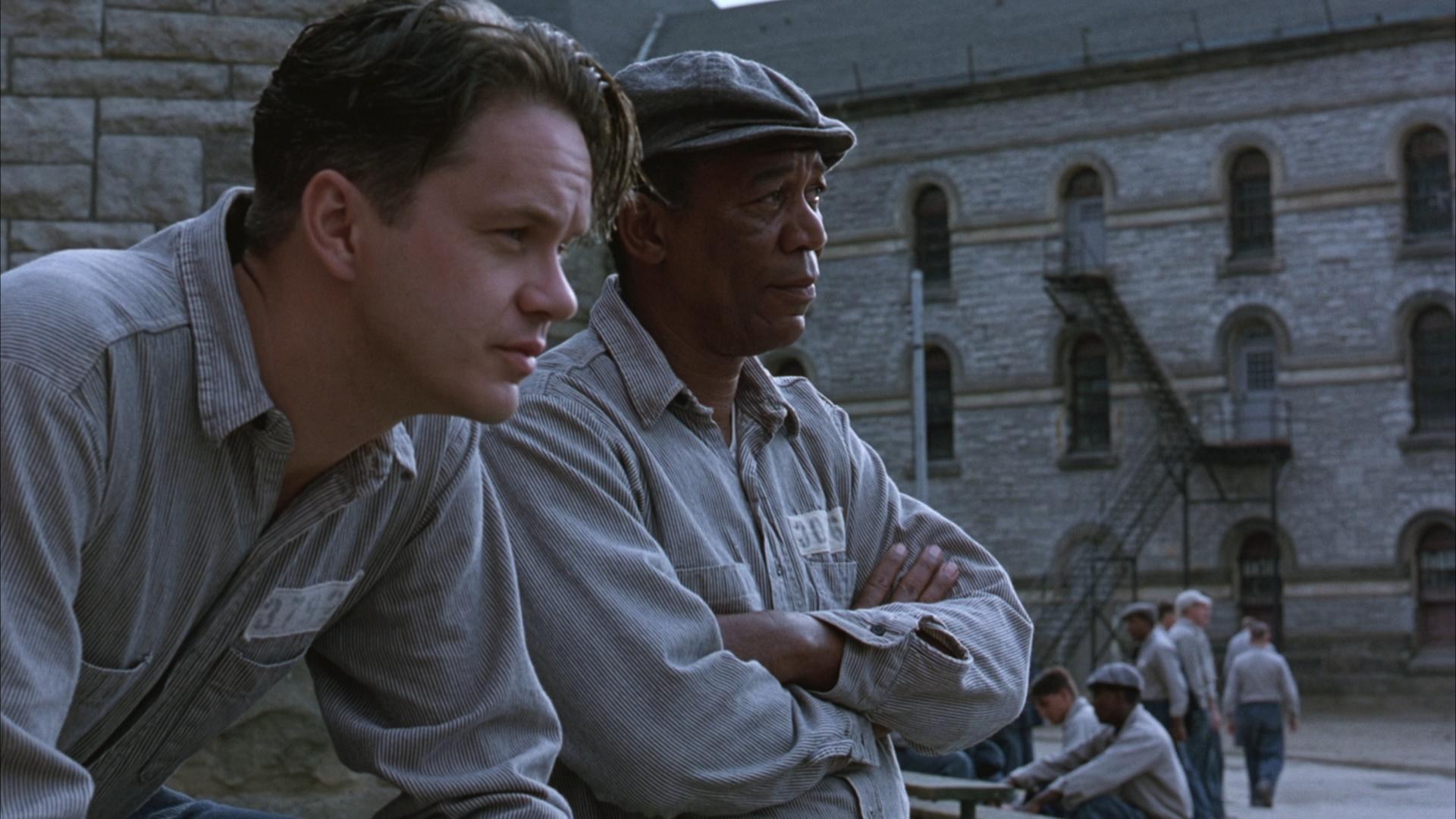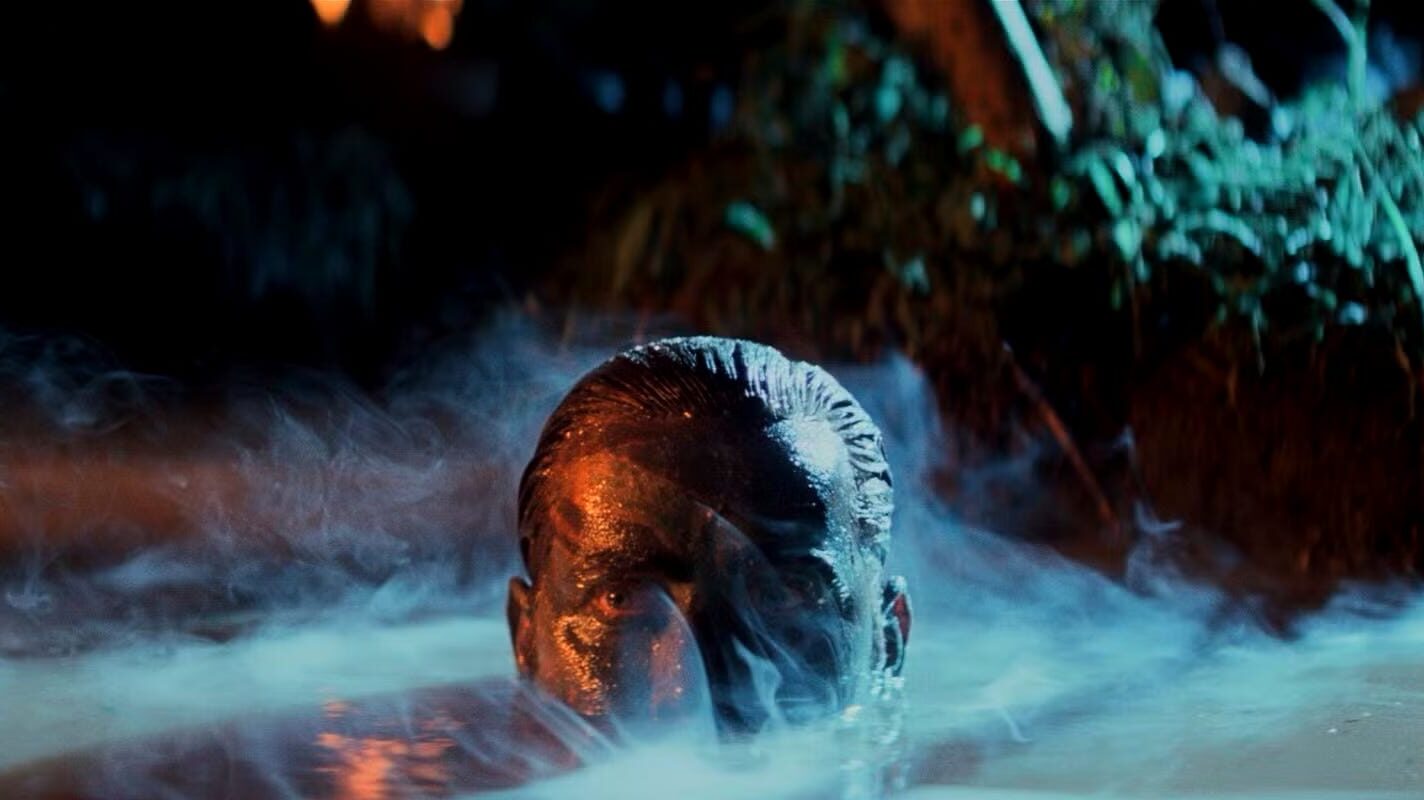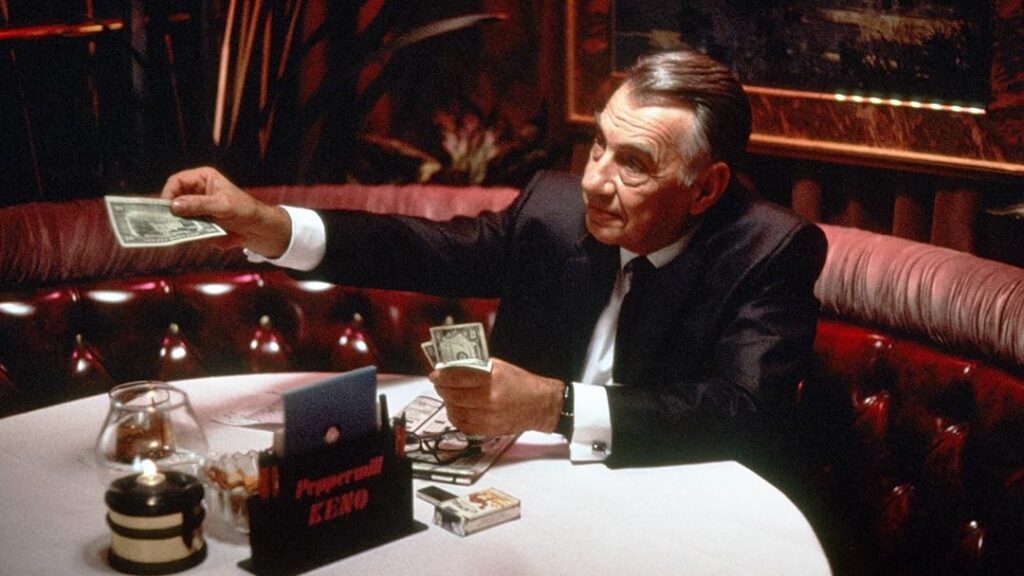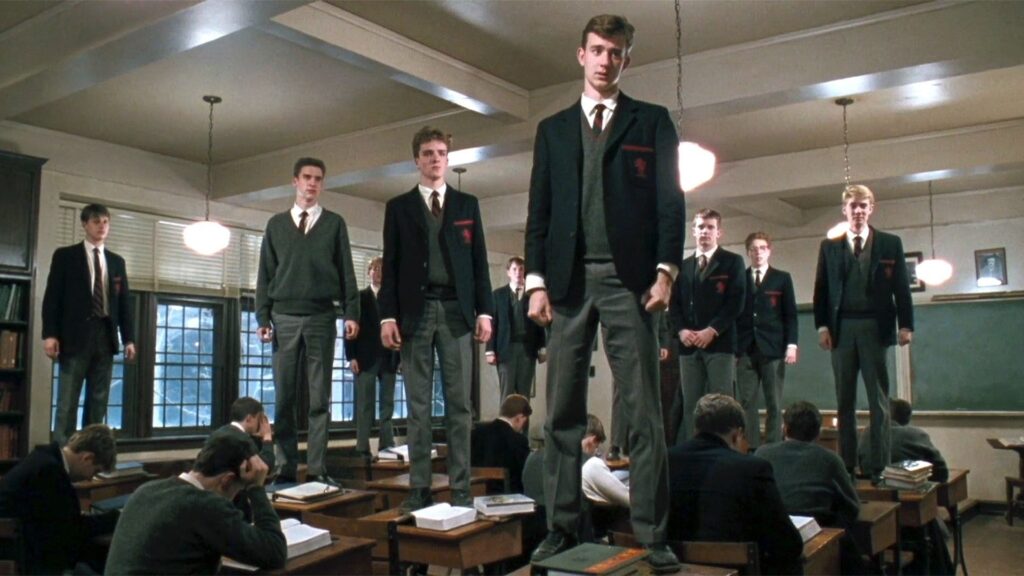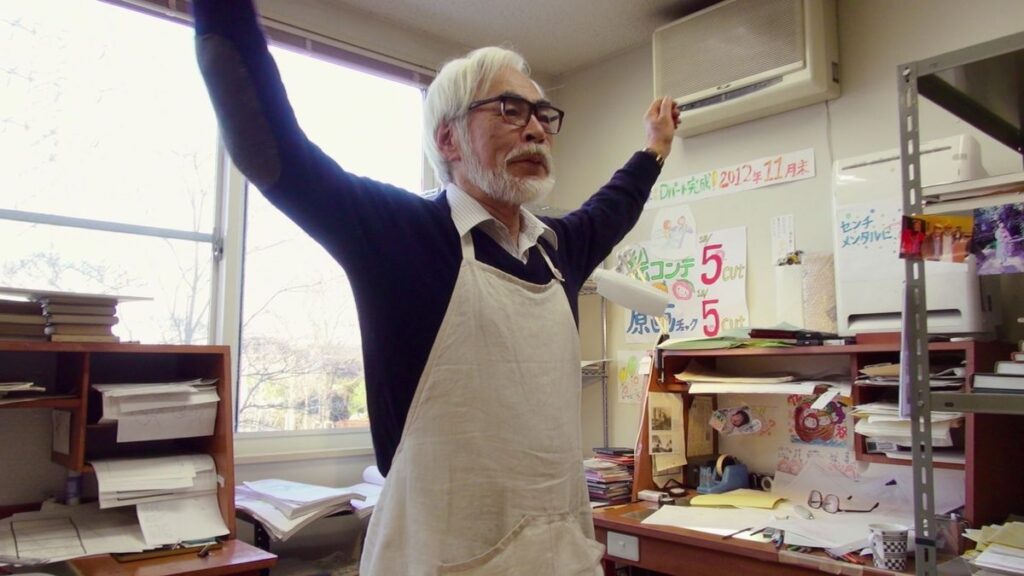There is little justification as to why this film follows the successors to corporate greed as though they are tragic victims.
The answer to the question of whether Bernie Madoff is a sociopath or not is easy — and the film knows it too. What it doesn’t seem to know is its own innate simplicity, as well as the degree of ruling class sympathy it gives through its portrayal of these real-life characters. The narrative we’re given is the unfairness of the legacy this man gave his family, the selfishness found in his fraudulent behaviour and the corruption of his loved ones’ innocence. What the film seems not to understand, however, is that whether they were aware of any fraud or not is irrelevant.
The film’s perspective is that in making this Ponzi scheme and illegally stealing from so many, Madoff is evil, a despicable stain on America’s reputation. So, according to this film, the only distinction between a greedy malefactor, and a well-off achiever is legality. It’s a mainstream perspective, for sure, but a broken one. This perspective fails to recognize that the bounds of the law are arbitrary; the difference is only societal ostracization and judicial opinion. Capitalism is built on legal theft and building yourself up off the backs of other people (only those who lack compassion could manage that) so to demonize only those who are criminal thieves is utterly nonsensical (yet exactly what our society does).
The distinction between fraudulent capitalism and legal capitalism is negligible. Madoff repeatedly expresses that he was Wall Street’s scapegoat for their depravity; but that’s exactly what this movie does by focusing in on an individual as though he were an anomaly of capitalism’s otherwise well-functioning system. By reinforcing the differentiation of legality, and making its story reductively individualist, the film reinforces the narratives of capitalism.
While unwillingly born at the top of such a corrupt hierarchy, for the brothers to maintain their wealth advantage and continue to profit off of suffering still requires some degree of sociopathy, only a difference in amount. There’s an acknowledgement of their privilege, and the dilemma they face in telling their story with comparatively less hardship, but the story is still about them, and the sympathy is still focused in their direction. It chooses not to tell the stories of the affected victims, and instead the social issues between one family. I feel zero sympathy for Madoff’s wife, and a statistical zero for his sons.
All of these problematic politics are supplemented with uncreative filmmaking and lackluster dialogue. It’s filmed like a miniseries (appropriate for HBO), it’s edited like a PSA, and it’s written like it was made explicitly for upper class white people and their apologists.
Oh… wait… get rid of those first three words after ‘and’.
